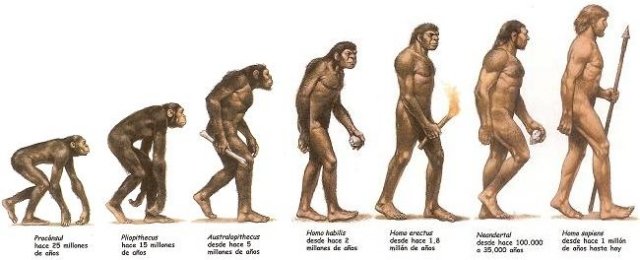PRECIS
Almost every organism has the tendency to react to certain stimuli for survival. This reaction to each and every situation has an evolutionary basis of adaptation. The study of human emotions dates back to the 19th century and psychologists have since then discovered many reasons for every emotion, yet these are just theories. The arousal of emotions and their assumed structures is said to occur due to repeated encounters with a situation followed by the adaptation of the encounter. Human emotions have been linked to adaptively regulated emotion-gathering mechanisms. The emotion of fear which is associated with ancient parts of the brain has presumably evolved among our pre-mammal ancestors, while the emotion of a mother’s love called the ‘filial emotion’ has seen to evolve among early mammals. Various emotions work as manipulative strategies that favor survival. Feigning emotions by an accused person may help him be saved from punishment. An exaggerated display of anger is also associated with manipulating or threatening someone.
Despite there being several emotions for various events, ironically the most interesting emotion is the emotion of disgust. Disgust is aroused when the body senses a danger to the immunity or the physiology of the human. The disgusted memory is associated with alerting the brain of a potentially dangerous substance. A few studies have shown that the encoding triggered in adaptive memory for problems is stronger than any other behavior. This makes us instantly have a disgusted expression at the sight of something that makes us uncomfortable or uneasy. These expressions are also closely linked to self-protective communication.
 |
| Human evolution |
Answer:-
Human evolution and emotion
The emotions that people express and respond to stimuli in the environment have an evolutionary basis. Emotions are thought to be the result of repeated encounters with a particular event. According to evolution, emotions such as fear, love, finishing, anger, and hatred are the result of continuous reactions to certain situations. Some expressions are often constructed or adapted as a form of self-defense.




0 Comments